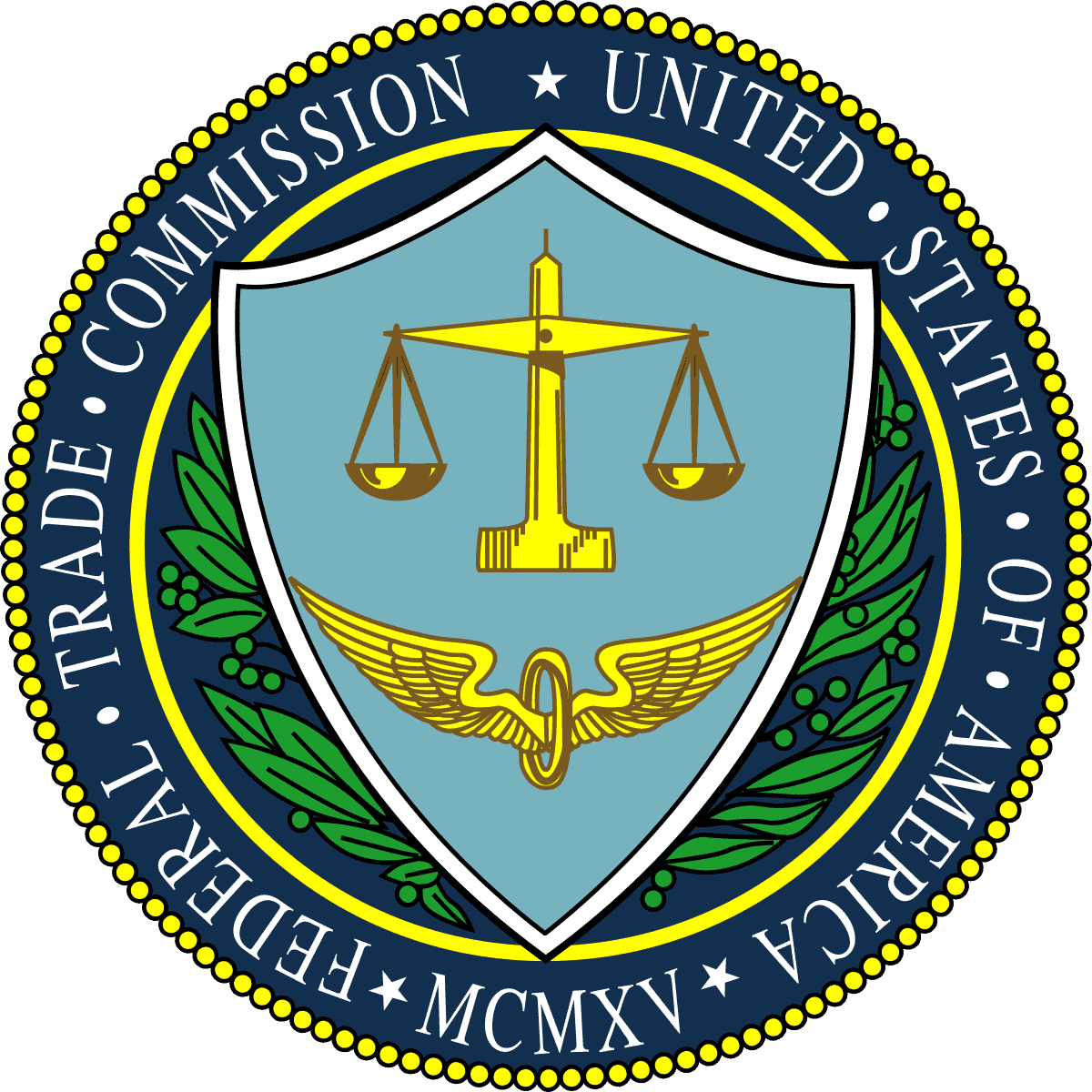Pop Federal Trade Commission’s Dangerous Facebook Trial Balloon

 Facebook is reportedly negotiating a settlement with a powerful regulatory agency that would impose a new corporate structure, increase liability for one or more executives, and take aim at the company financially. Important protections for civil and economic rights are in jeopardy. The precedent could be catastrophic for the next person confronting a regulatory agency without the personal resources of Mark Zuckerberg.
Facebook is reportedly negotiating a settlement with a powerful regulatory agency that would impose a new corporate structure, increase liability for one or more executives, and take aim at the company financially. Important protections for civil and economic rights are in jeopardy. The precedent could be catastrophic for the next person confronting a regulatory agency without the personal resources of Mark Zuckerberg.
The settlement talks are the result of investigations by the Federal Trade Commission (FTC), an agency given significant independence from traditional political oversight and controls, which may conclude Facebook violated a 2011 consent decree governing its privacy practices.
Multiple news sources report that there are three principal elements to a pending deal. First, Facebook would implement internal changes, including the creation of a new senior executive position and establishing an “independent” oversight board that would meet quarterly and issue periodic reports. One must wonder from what this board would be independent from, since it purportedly would include members of the Facebook board of directors as well as outsiders “approved” by the regulatory body.
A second component is the installation of founder and CEO Mark Zuckerberg as chief compliance officer at Facebook. The additional title would attach personal liability for failure to meet all the regulatory expectations of the new settlement. The third piece of the settlement puzzle is a record-setting fine in the neighborhood of $3 to $5 billion.
While the attention of headline writers gravitates to the massive monetary figures, the public should be more concerned with the first two elements.
Let us start with the basics. In this situation, Facebook is seeking a way out of repeated public relations debacles caused by failed internal controls leading to alleged privacy violations under its current consent decree. The FTC’s mission is to enforce consumer protection laws.
Yet if news reports are accurate, the agency would impose its design for how to organize Facebook’s internal privacy safeguards, up to and including personnel decisions and the frequency of meetings.
Federal regulators should not make determinations on how a firm is organized or who it employs. The FTC has a long history of implementing what economists call structural remedies, but this practice is fraught with risk for consumers and shareholders and should never extend to selecting or approving individual hires. When a government bureaucracy is deciding how often a company needs to hold various meetings, the regulatory impulse has clearly gone too far.
If an agency must regulate, it would be far better to establish clear goals for how consumers interact with the firm. Internal organization should be left to the private sector.
Perhaps even more worrisome is the lack of widespread opposition to a regulatory settlement that insists on attaching personal liability for potential corporate malfeasance. The idea is bandied about as a way to link Zuckerberg’s personal interests to regulatory compliance.
While it may be clever, the proposal is dangerously at odds with American values. The Constitution bars Congress from passing bills aimed at punishing named individuals. Such bills clearly violate basic civil and economic rights: no judge, no jury, no presentment or examination of evidence.
If it is forbidden to the Congress, why should the FTC try to implement a facsimile of these legal instruments through a consent decree?
Only a court can hold a trial, evaluate evidence, and determine the merits of a claim. Is the FTC a rulemaking body or is it operating with a judicial function? In today’s political discourse we take for granted that regulatory agencies can maintain these blended functions, but we shouldn’t. It is time to revisit the question of whether our Constitution allows executive branch agencies to assert powers meant for the legislative or judicial branch.
The recent trial balloon floated to test acceptance of a deal between Facebook and the FTC is the latest example of how far we have come from a government limited by law. There are no meaningful bounds for the regulatory state if an unelected, independent, agency can assert powers forbidden to Congress.
One might argue about whether micromanaging Facebook, and sticking it to Mr. Zuckerberg, is appropriate at all. When Congress manages the organization of a company or industry, we call it socialism. But at least making that decision through the legislative process would benefit from a public and transparent debate among officials accountable to the American people.
For decades, the FTC has developed its authority to regulate through enforcement proceedings in areas – such as privacy – where it lacks a specific legislative mandate. Congress has looked the other way. Today, it may be politically appealing to discuss record fines and personal liability for one of the world’s wealthiest individuals. However, it is still wrong. No one should look away from regulatory abuses that mock protections for basic civil and economic rights.